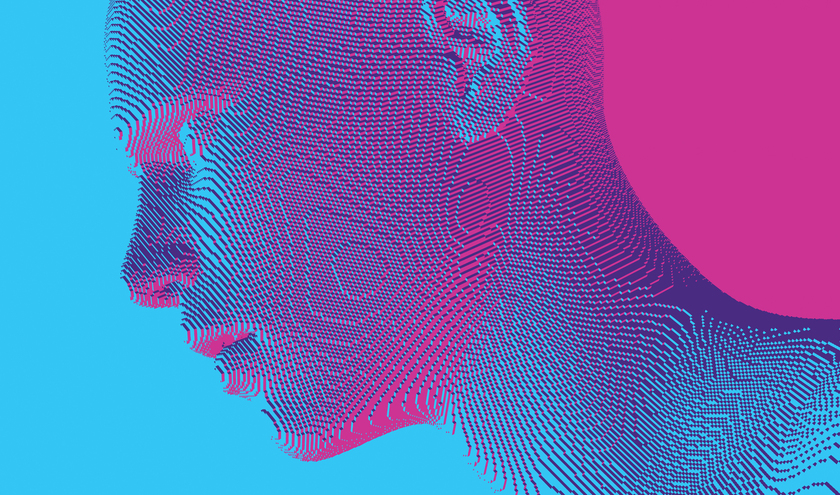I feel like I'm being bombarded by articles and polls telling me that trust in politics is the lowest it's ever been, that the vast majority of people don't believe that politicians make decisions in the best interest of the country, and that citizens are increasingly polarised and estranged from each other. Working at a think tank which has declared a democratic emergency, I'm as guilty of talking up that narrative as anyone. It's easy to feel like the heyday of liberal democracy is in the past, and we're hurtling blindfolded into an uncertain future.
But I want to inject a note of hope into this otherwise depressing outlook. At Demos, we're exploring ways in which democracy can be revitalised, and how the broken relationship between citizens and state can be mended. One of the ways we're doing this is through trialling ways of doing local democracy differently.
We know that only 23% of people feel like they have a say over the decisions that affect their local area, but 50% want to . It's in the 27% gap between these numbers that I feel hope. There's appetite to get involved, we just have to find the means: a positive alternative to the democratic status quo that so many people feel is failing them, and an alternative to the snake-oil charms of populists.
Participatory and deliberative methods like citizens' assemblies are powerful tools to enable people from across communities to find common ground solutions to otherwise intractable challenges. But citizens' assemblies, costing hundreds of thousands of pounds and huge amounts of staff resource, are prohibitively expensive for most cash-strapped local authorities. This means the practice isn't mainstreamed.
So the challenge is to make it possible for people to participate in light touch, as well as deeper, ways. And we need to make it easier, quicker and cheaper for local governments to create these opportunities.
At Demos, we've just launched Waves, a €1 million project trialling how we can use the best of new technology and AI to bring people together to tackle contentious local issues and shape local government policy.
Waves will use tech to enable participation both at scale and in depth, simplifying and scaling end-to-end deliberation for local governments.
Waves is being delivered by a coalition of partners, including New Local, a think tank and network of forward-thinking councils; technology innovators, CASM Technology; and digital democracy platforms, PSi and Remesh.
We're working with two trailblazing councils who are embracing the opportunity to put the public at the heart of their policy making. The trial will begin in the London Borough of Camden to co-develop an approach to adult social care. Then we'll move onto South Staffordshire District Council as they develop an inclusive engagement process to prepare for their next local plan. We're also supporting a further 25 councils in a Learning Network to observe and learn from the process so they can use the tools in the future.
Waves will use tech to enable participation both at scale and in depth, simplifying and scaling end-to-end deliberation for local governments.
1. Define the problem: we'll work with each council to define the exact scope of the problem that they want to solve with their communities.
2. Scale the conversation: Using digital platform Remesh, we'll aim to reach as many people as possible to capture their ideas on how to tackle the issue, in an easy and light touch way. Remesh's AI helps identify points of consensus as people vote on each other's ideas.
3. Deepen deliberation: We'll then convene a 100-person deliberative panel, randomly selected to reflect the local population. Participants will use PSi's AI-enhanced platform to explore and refine the most promising ideas, weighing trade-offs and reaching consensus on workable recommendations.
4. Broaden the mandate: We want the widest community to have ownership over the decisions that are made. So we'll put the draft recommendations back out to people on Remesh and ask for their help refining the recommendations. What have we missed? How can we make them even stronger?
5. Finalise the outcome: The panel reconvenes to integrate the feedback and finalise the top proposals, which are then presented back to the local council.
A new open-source tool being designed by CASM Tech will bind the whole process together to make it easier for councils to use for an end-to-end policy making process. It'll take the outputs from each stage and translate it into usable resources for the next stage. It will also make it easier to interrogate all the documents and data about a topic so it'll be a resource that anyone - whether they're council workers or participants - can draw on to understand the topic better.
We're at the very beginning of this journey but we're really excited about the potential for change by bringing together democracy, tech, people and power. We're hoping it'll open up democracy so more people can get involved in more decisions by more local authorities so doing democracy differently becomes business as usual.
If you'd like to follow our progress - what goes well and what goes wrong as we trial Waves - sign up here. And if you work in local government and want to join the Learning Network, please get in touch with New Local here.
Miriam Levin is director of participatory programmes and Waves co-lead, Demos


